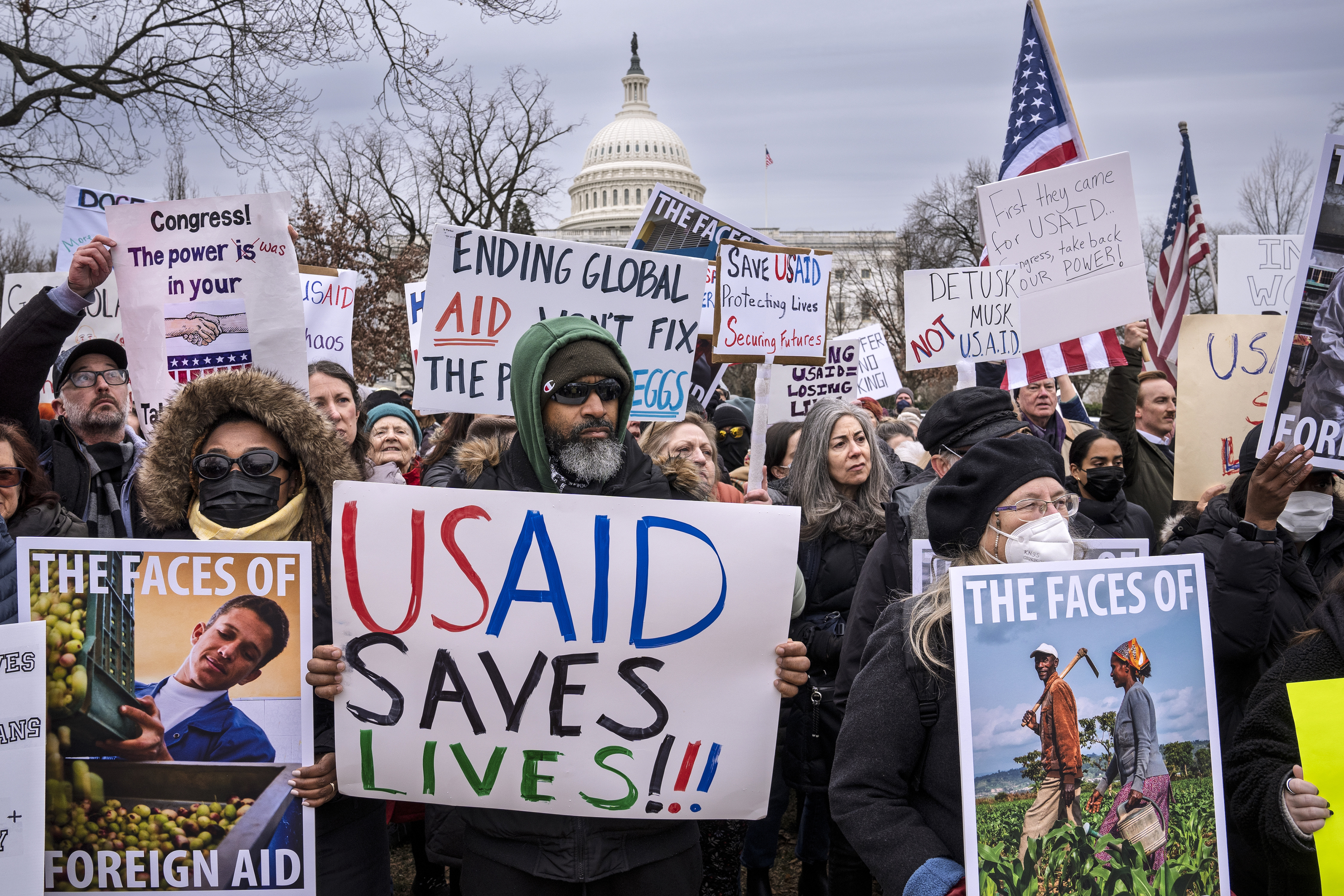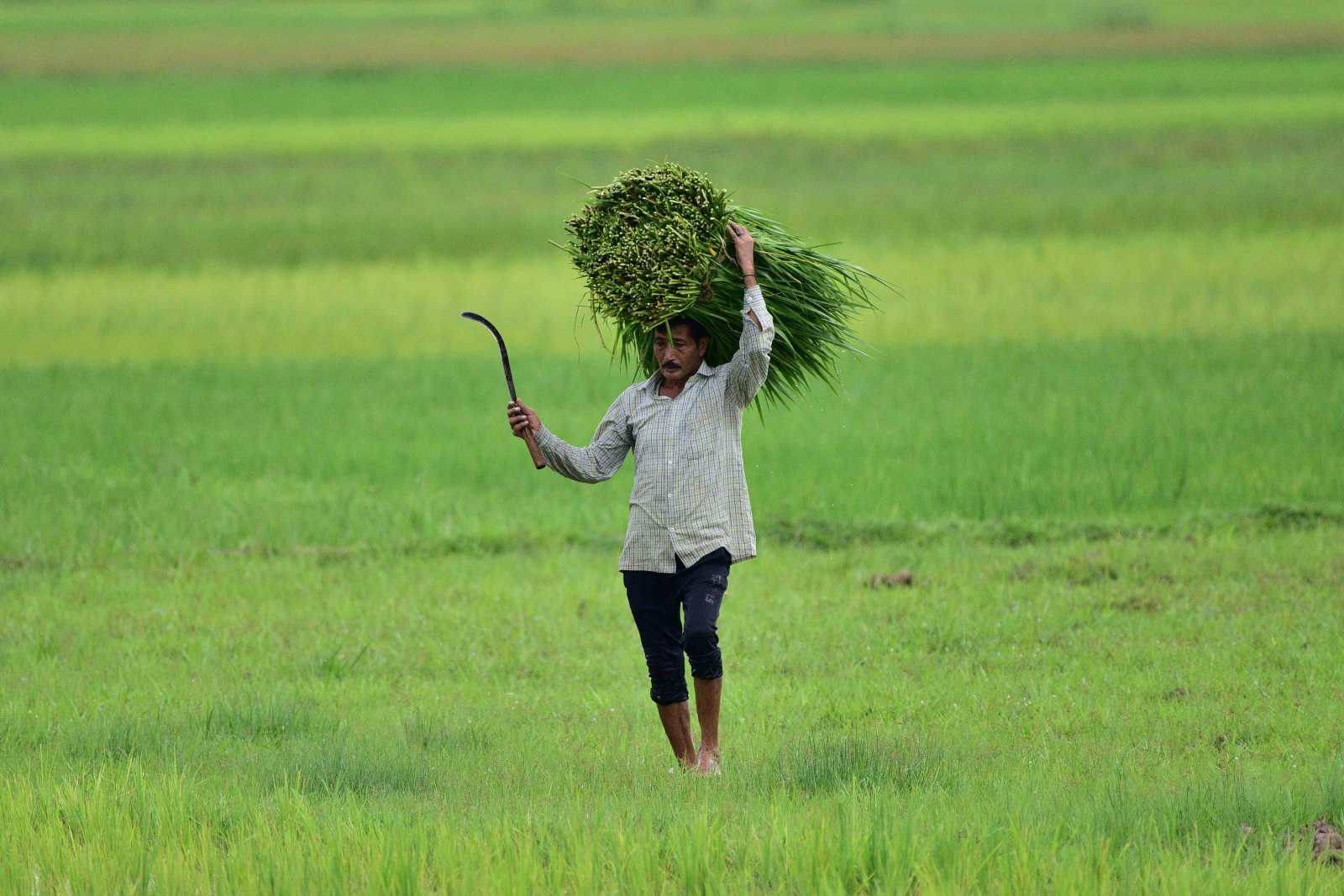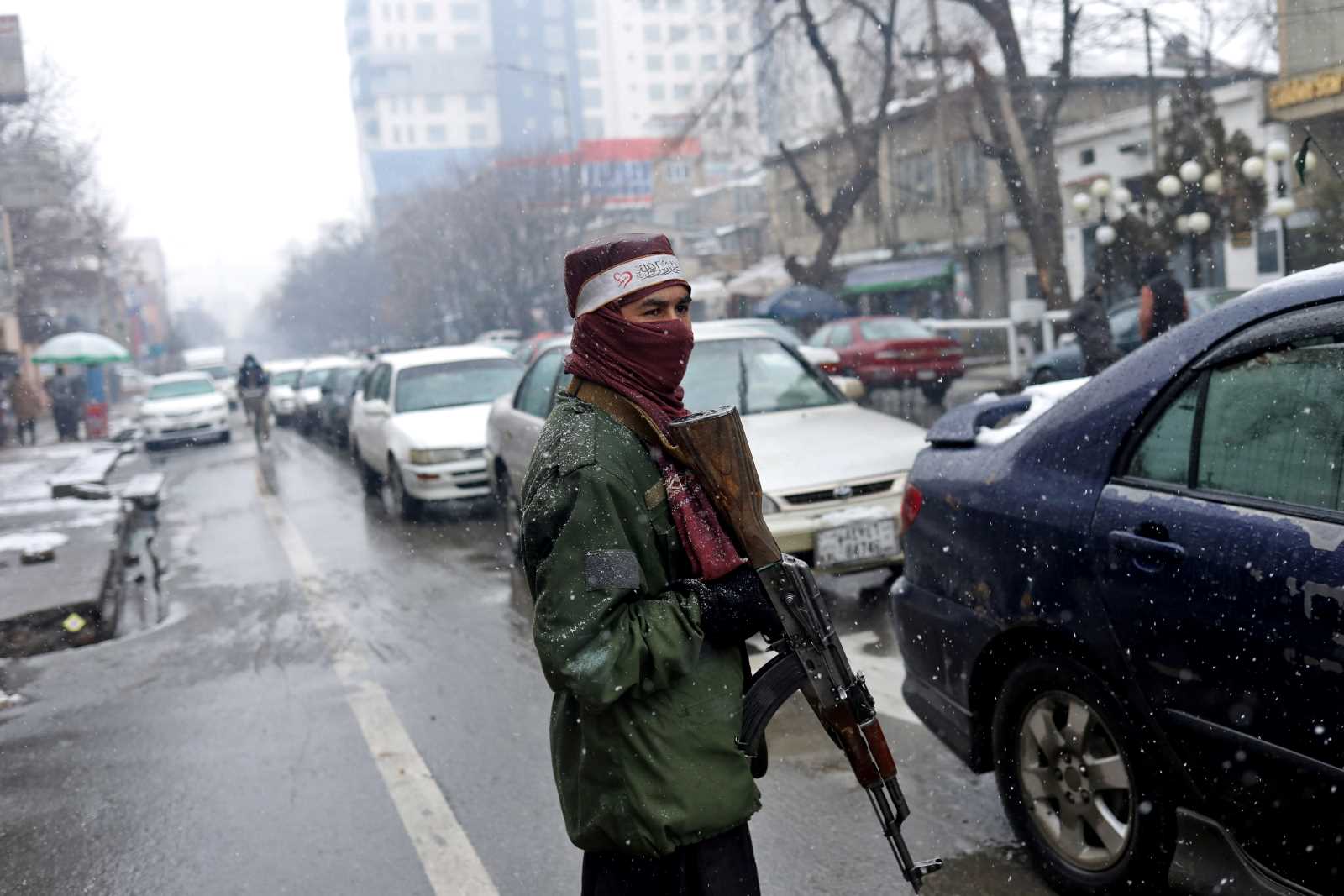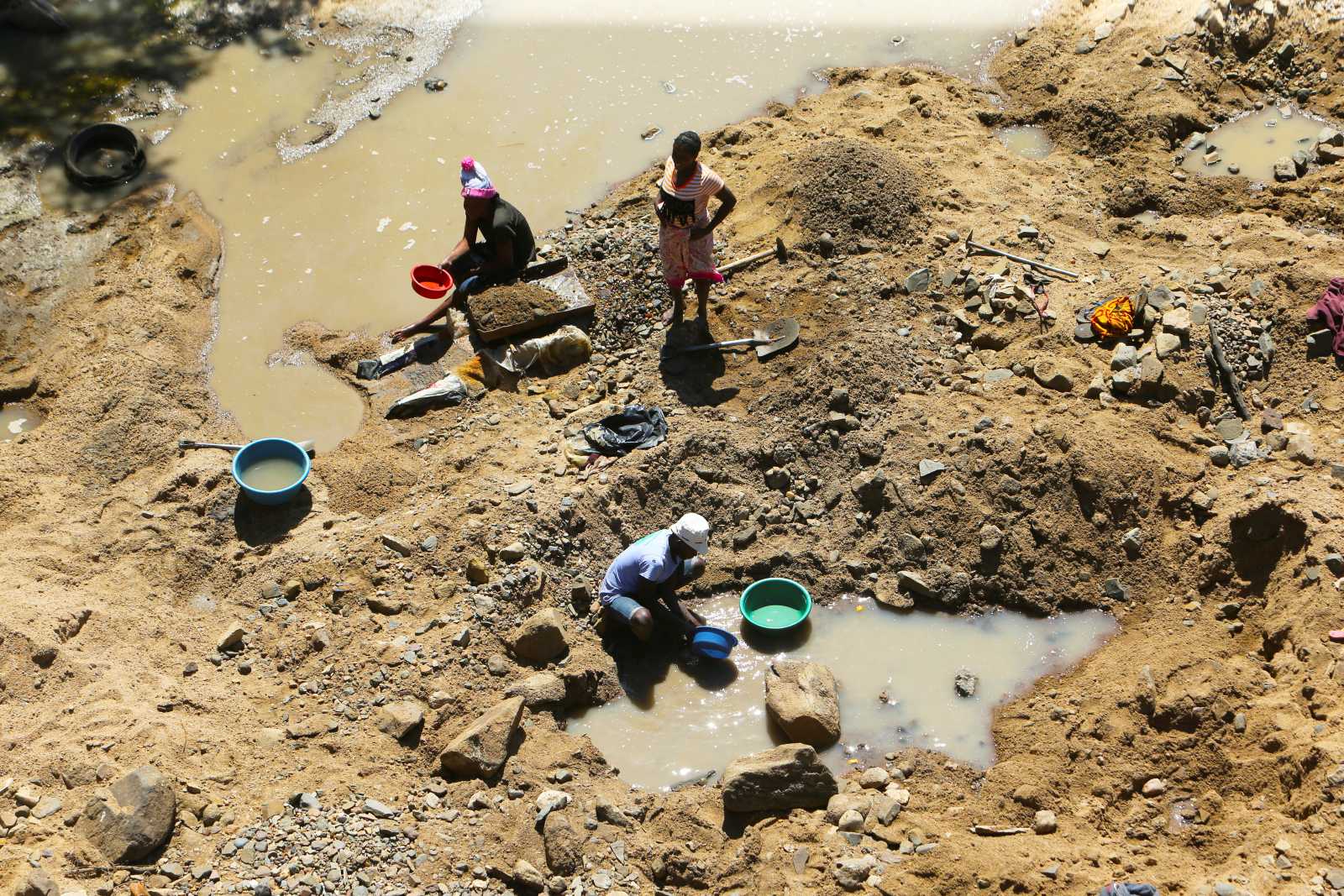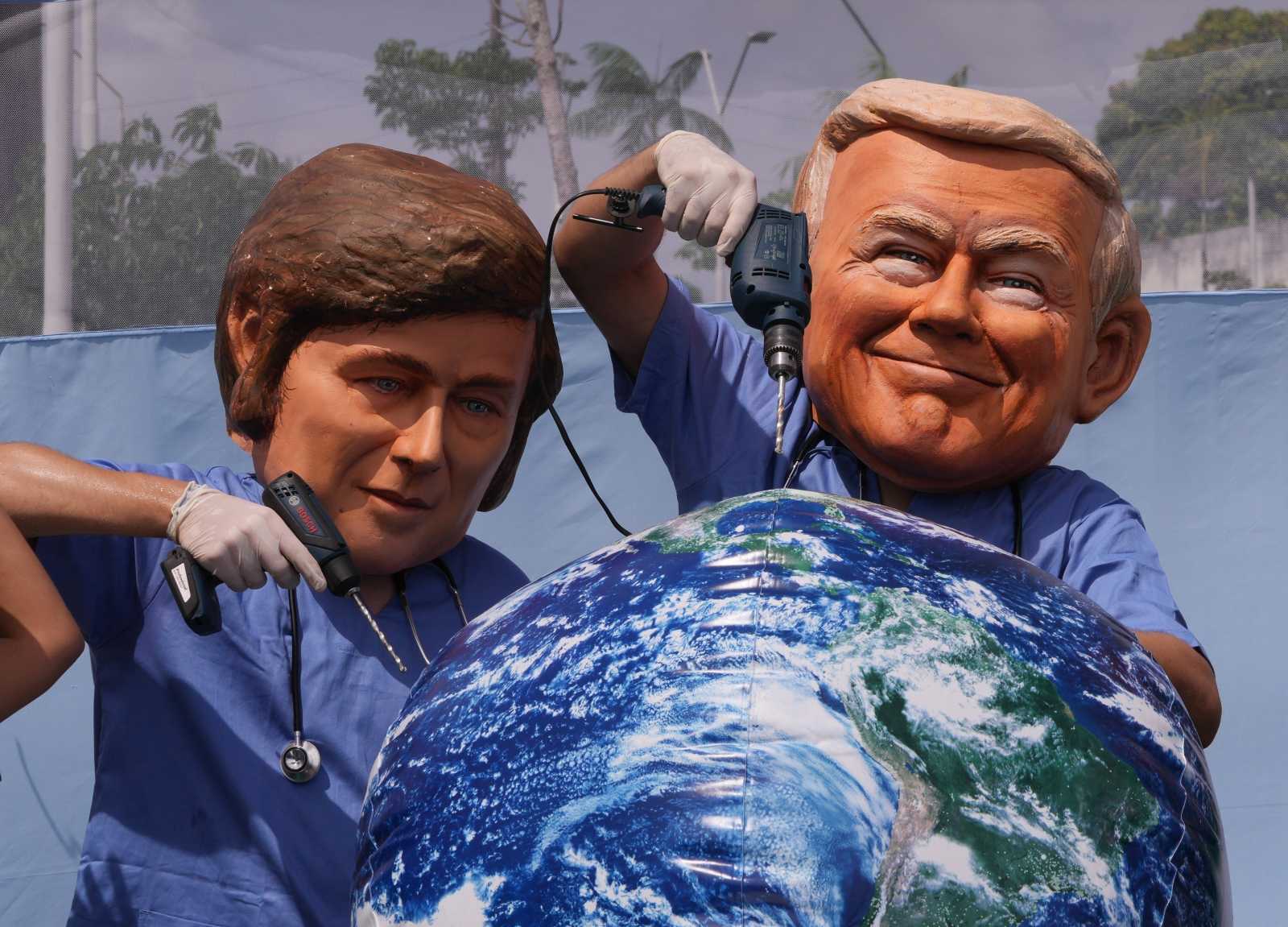Emergency aid
Humanitarian aid should not be driven by politics
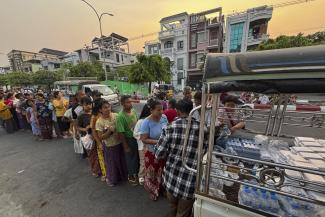
More than 3700 people have so far been confirmed dead in the catastrophic earthquake that struck Myanmar on 28 March, with over 4,800 injured and many still missing. Since large parts of the affected region are still difficult to access, the true death toll may eventually turn out to be much higher. Nine million people are particularly affected by the disaster.
The 7.7 magnitude earthquake transformed the fragile situation in Myanmar into a full-blown humanitarian crisis. Even before the disaster, some 20 million people were dependent on humanitarian aid – according to UN estimates, roughly 15 million of them were struggling to adequately feed themselves and their families.
Myanmar is marked by poverty, hunger, conflict and political isolation. In February 2021, the powerful military overthrew the elected government of Nobel Peace Prize winner Aung San Suu Kyi, plunging the country into a civil war that continues to this day. Following the earthquake, both the military government and parts of the armed opposition announced a temporary ceasefire to facilitate rescue, clean-up and rebuilding efforts. The war-weary population, along with aid workers, received this news with cautious relief. Amid all the suffering, it is an important signal that the military government publicly admitted that it was overwhelmed by the disaster and asked for international assistance.
In past years, Myanmar has not been at the centre of international attention, as aid organisations in the country are well aware; they receive significantly fewer private donations than other crisis regions. The drastic cuts to US-American development and disaster assistance have exacerbated the situation. The UN World Food Programme has already had to cancel programmes in Myanmar as a result. But humanitarian aid should not be driven by politics or media attention. It must reach people in the very places where their suffering is most severe.
Long-term cooperation pays off in a disaster
To respond swiftly and effectively in an emergency, it is crucial to rely on established local structures. Welthungerhilfe has been active in Myanmar since 2002 and works closely with monasteries, village committees and numerous volunteers. Many of our colleagues come from regions affected by the earthquake. Thankfully, no lives were lost within our team.
The impact is enormous, however. Our office in Mandalay was severely damaged; as a result, many of our colleagues are now sleeping in a monastery’s prayer room – without air conditioning, at temperatures exceeding 45 degrees Celsius. Others are travelling through the worst-affected areas to distribute water, food and hygiene items, as well as cash, enabling people to buy what they need in the markets still operating. Their work is being hampered by destroyed infrastructure, aftershocks and extreme emotional exhaustion.
Since the work of Welthungerhilfe in Myanmar focuses on long-term development and cooperation, additional support is needed in an exceptional situation like this. Emergency Response Teams are deployed on demand and work closely with experienced local staff to deliver rapid relief. Under such circumstances, the trust and networks which have been created in the country over many years are worth their weight in gold.
The situation in Myanmar lays bare the consequences of deep cuts to development budgets in the US and other donor countries. If programmes are cut or withdrawn in regions already facing acute hunger, lives are put at risk. These measures exacerbate hunger instead of ending it, as the 2nd UN Sustainable Development Goal aims to do by 2030. When disaster strikes, the damage of past budget cuts suddenly becomes brutally clear: Essential support systems are no longer there to respond. The richest countries must therefore urgently reconsider what it means to meet their global responsibilities.
Marvin Fürderer is an emergency relief expert and member of Welthungerhilfe’s Emergency Response Teams.
marvin.fuerderer@welthungerhilfe.de

